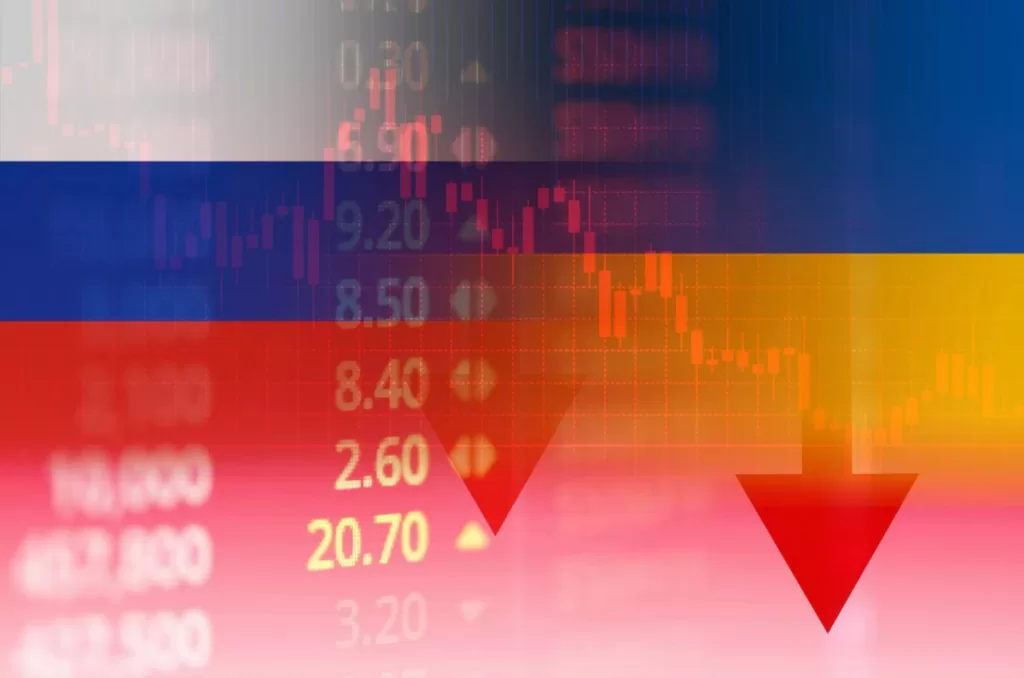
Globally, Rating Analysts are worried that Russia is on the verge of defaulting on Government Bonds following its invasion of Ukraine in February, 2022.
Russia currently faces an interest payment of $117m on two Bonds denominated in US dollars. However, there is a 30-day grace period before the country would officially be in default.
The International Monetary Fund (IMF) Managing Director, Ms. Kristalina Georgieva, recently conceded that with billions of dollars owed to foreigners, a Russian default is no longer an “improbable event”.
Following the US and EU Sanctions, restrictions have been placed on banks and their financial transactions with Russia, including freezing the Government Foreign reserves.
According to Russia’s Minister of Finance, Anto Siluanov, “the Government has issued instructions to pay the coupons in dollars, but if banks are unable to do so due to the sanctions, the payments would be made in rubles.”
A reasonable leading question to ask is: “Can Russia pay in rubles, the local currency?”
Some of Russia’s Bonds allow payment in rubles under certain circumstances, but these Bonds do not. Usually, the ruble amounts are to be determined by the current exchange rate. With the prevailing exchange rate, investors would get less money.
“Rubles obviously aren’t worthless, but they’re depreciating rapidly” – Clay Lowery, Executive Vice President at the International Institute of Finance Association of Financial Institutions.
Although most analysts think a Russian default would not have the kind of effect the 1998 Moscow default had, it certainly brings back memories.
Speaking on the probability of the default, Daniel Lenz, Head of Euro Rates Strategy at DK Bank in Frankfurt, Germany said “it’s hard to say ahead of time 100%, because every sovereign default is different and the global effects would only be seen once it has happened.”
What happens when a country defaults?
Often, investors and the defaulting government will negotiate a settlement in which bondholders are given new bonds that are worth less but at least give them some partial compensation. However, it is hard to see how that could be the case with the ongoing war and western sanctions barring many dealings with Russia, its banks, and companies.
In some cases, creditors can sue. Once a country defaults, it can be cut off from Bond-market borrowing until the default is sorted out and investors regain confidence in the Government’s ability and willingness to pay.
The Russian war is already hurting the global economy, directly or indirectly. Nigeria is not immune to the hurt. The likely impact can be seen in the possibility of loan facility default by manufacturing companies due to the energy crisis and increasing overhead costs.








Leave A Comment